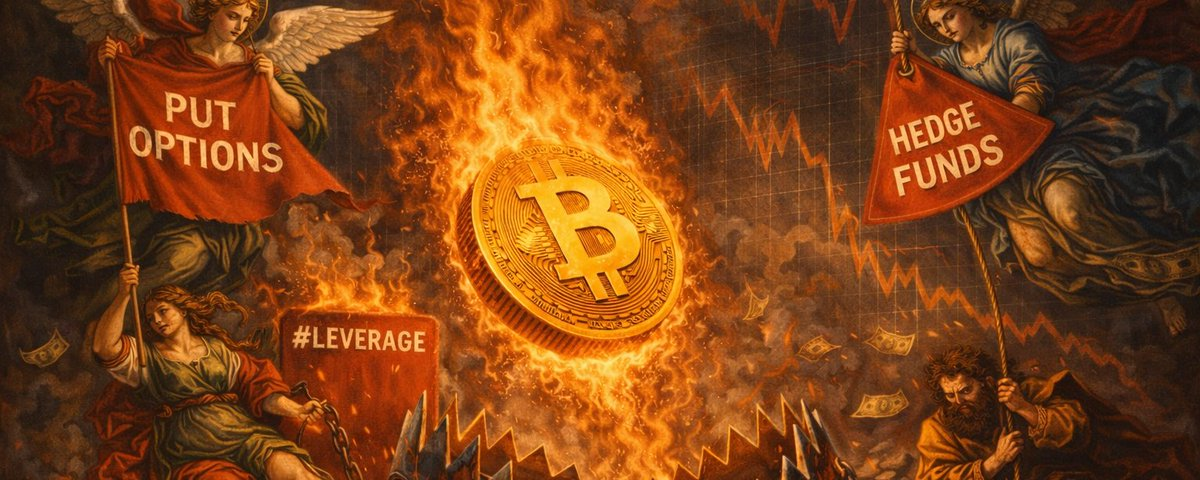ETFs are a thing of the past, and stock tokenization is the future?
Original author | @brianq
Compiled by | Odaily Planet Daily ( @OdailyChina )
Translator | Dingdang ( @XiaMiPP )

Editor's note: After the launch of Bitcoin and Ethereum ETFs, the boundaries between the crypto market and traditional finance are becoming increasingly blurred. Tokenized stocks, as an innovative form of putting traditional equity assets on the blockchain, are gradually gaining market attention. By converting company stocks into digital tokens that can be traded on the blockchain, stock tokenization attempts to open up a channel between traditional finance and crypto assets. Whether it is Coinbase taking the lead in trying to issue its own stocks on the chain, or Wall Street giants accelerating their entry, all signs indicate that a new financial era built by on-chain stocks may have quietly begun. So, is stock tokenization a bubble, or the next trillion-dollar opportunity?
The following is the original text published by the on-chain data analysis platform Santiment, compiled by Odaily Planet Daily:
introduction
Is stock tokenization a reliable investment option? In essence, it combines the value of traditional stocks with the technological advantages of blockchain. Unlike traditional stocks stored in brokerage accounts, stock tokenization is a blockchain-based digital token that is anchored to the shares of actual companies. This form allows investors to participate in investment in a more fragmented way with a lower threshold, thus breaking the traditional market's restrictions on the amount of funds.
In early 2025, Coinbase announced that it would issue an on-chain token version of its own stock on its Ethereum second-layer network Base. This move not only highlights the importance that mainstream crypto platforms attach to this field, but also signals the accelerated integration of traditional finance and blockchain technology.
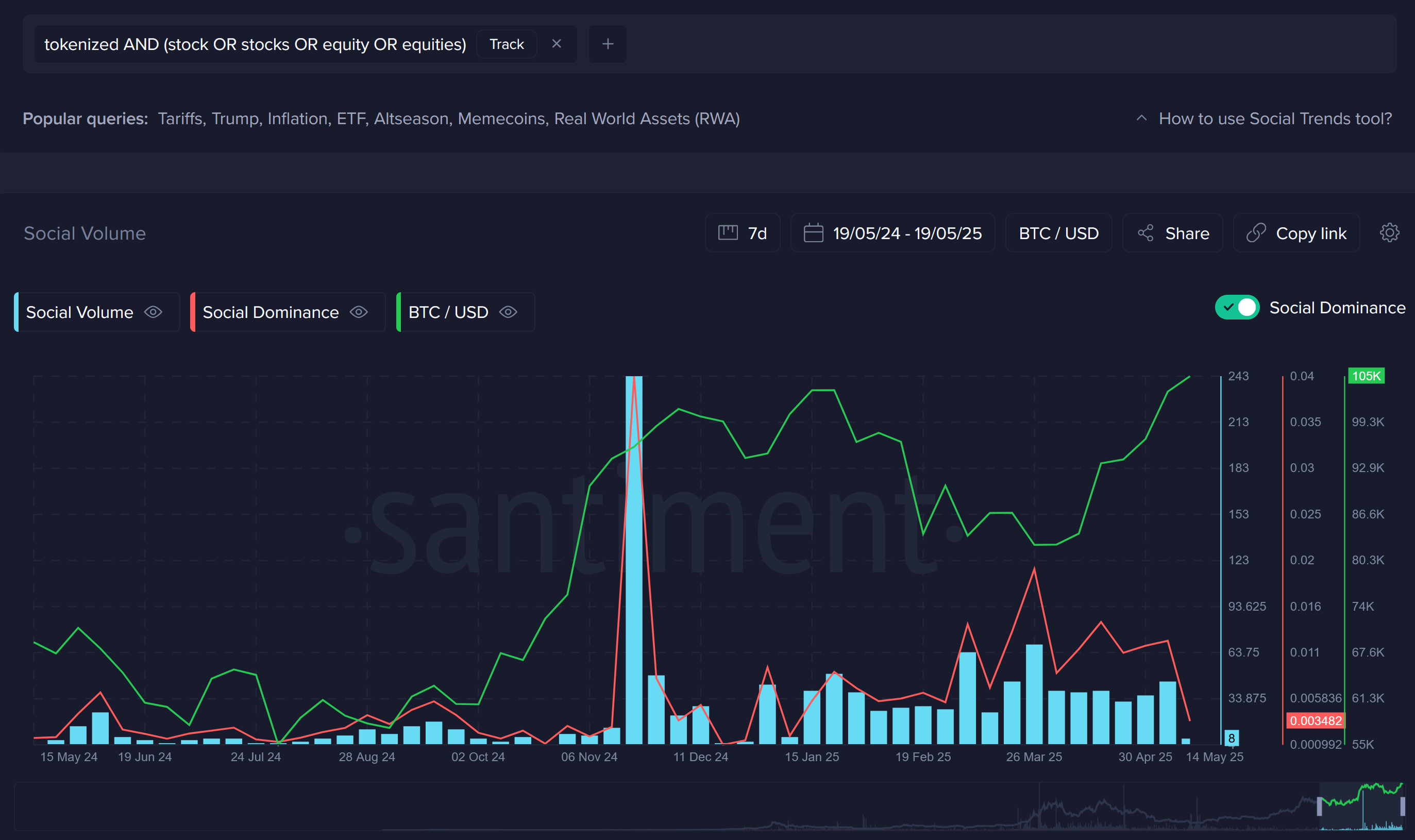
Ultra-fast transactions and 24/7 liquidity: the core advantages of stock tokenization
Traditional stock trading usually has problems such as long settlement cycle and limited trading time, and the emergence of stock tokenization has brought a new solution to this model. Blockchain-based transactions can achieve instant settlement, allowing investors to respond quickly to market fluctuations.
Innovative platforms like AlloX have specially built a stock tokenization trading market that supports 24-hour uninterrupted trading, lower fees and on-chain clearing mechanisms, which undoubtedly greatly improves trading efficiency and rewrites the time and cost logic of the traditional stock market.
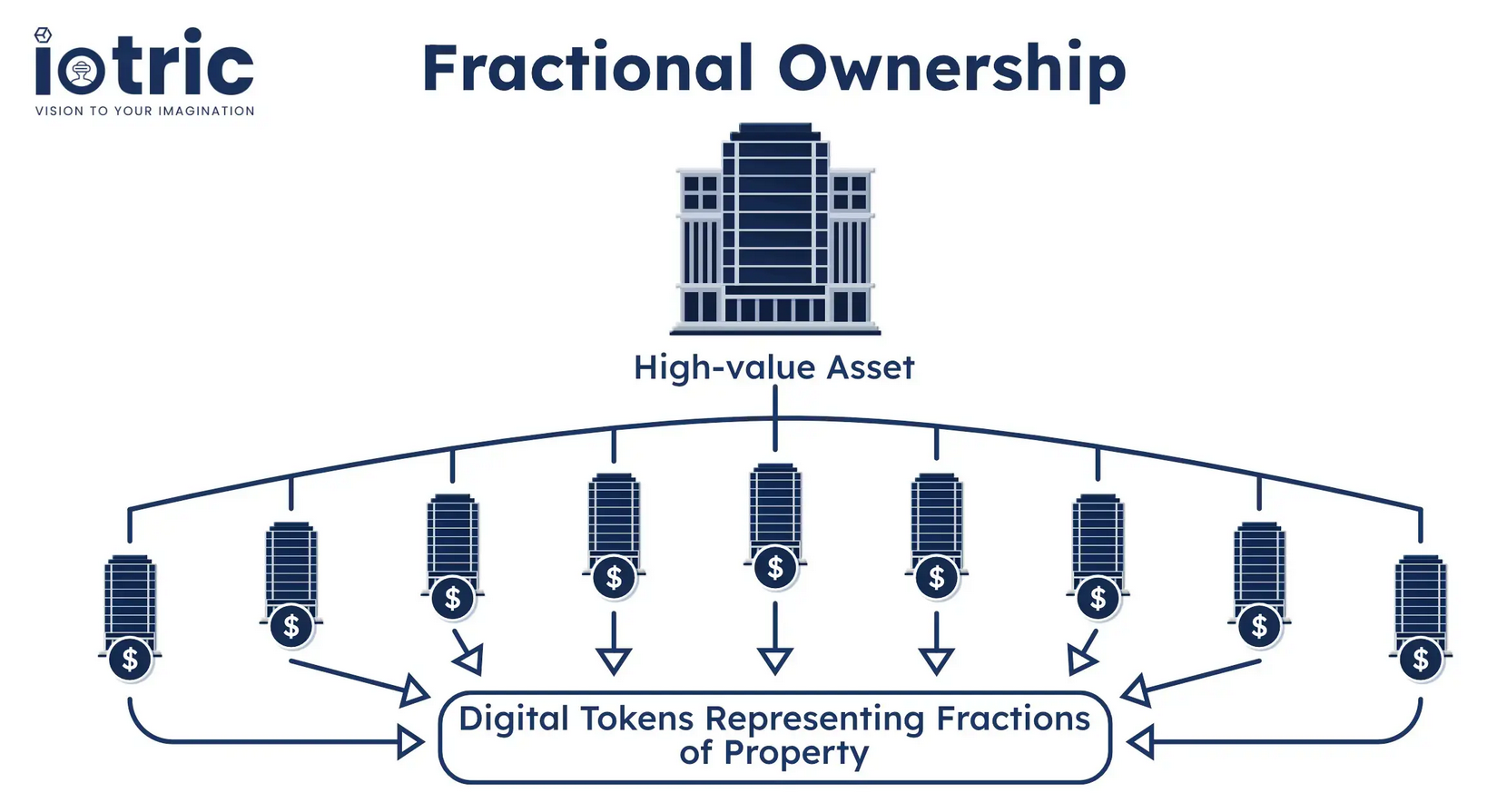
Wall Street giants are also taking action: from concept to practice
Not only crypto-native platforms, but also traditional financial institutions are rapidly entering the market. Citibank has cooperated with the Swiss Digital Exchange SDX to jointly promote the tokenization of shares of non-listed companies, allowing global investors to access the previously highly threshold venture capital market.
At the same time, JPMorgan Chase has also launched real asset token products on the chain, indicating that this trend is not only recognized, but is also gradually being implemented.
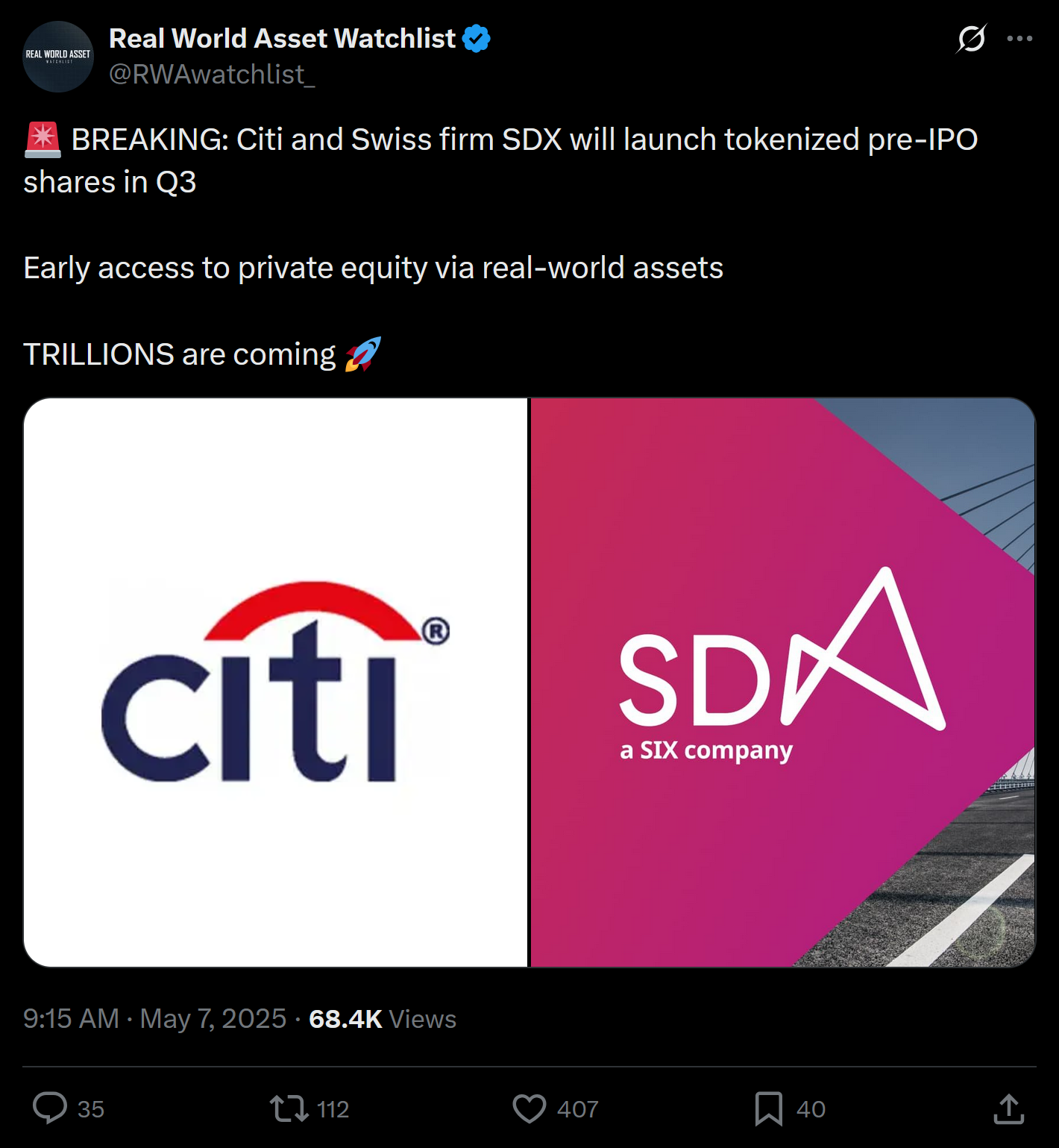
In April 2025, the total market value of the stock tokenization market has exceeded US$350 million. Many industry experts predict that this figure is expected to reach US$1 trillion in the future.
Although regulation is still in a gray stage, policies are gradually opening up under the impetus of the "pro-crypto" government in the United States. At the same time, Switzerland and the European Union have taken the lead in establishing a clear compliance framework, which brings confidence to the entire market and also indicates the possibility of the next wave of institutional-level incremental funds .
Crypto asset "stabilizer": a new way to hedge risks with one click
For crypto investors, stock tokenization is not only an extension of asset allocation, but also a new means of risk management. By converting crypto assets such as Bitcoin or Ethereum into on-chain stocks, investors can achieve cross-market asset allocation, thereby improving the stability of the portfolio.
For example, Backed Finance recently announced on X the launch of a tokenized version of Coinbase shares, $wbCOIN, specifying that the token is “fully collateralized, freely transferable, and has legal rights to shares.” The announcement quickly generated 595,000 interactions, indicating that market interest in this type of product is rapidly heating up.
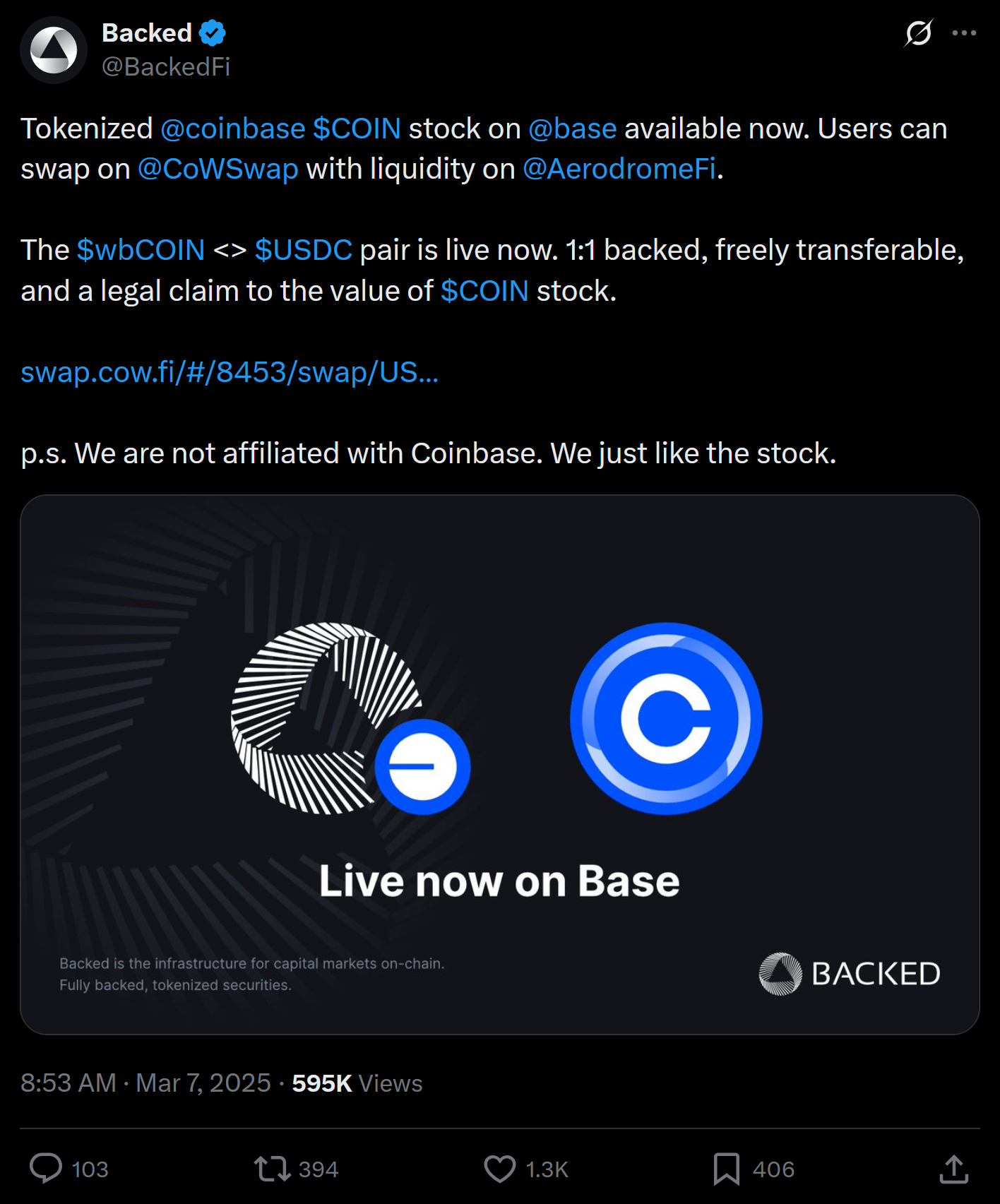
Enterprises are also actively exploring the possibility of using stock tokenization as a financing tool. Compared with traditional methods, stock tokenization not only lowers the financing threshold, but also allows global investors to participate in early-stage investment more conveniently.
Traditional giants such as BlackRock and JPMorgan Chase have taken the lead in launching on-chain tokenized products, indicating that stock tokenization is not only a "new toy" in the crypto circle, but is more likely to evolve into a new infrastructure for cross-border finance.
Conclusion: Connecting the two ends, not replacing anyone
Stock tokenization is unlikely to completely replace the traditional stock market, but its greatest value lies in "connection" - opening the door to the crypto world for traditional investors, while also providing crypto users with configuration tools anchored to real-world assets.
Just as the launch of Bitcoin and Ethereum ETFs has made it possible for mainstream capital to enter the crypto market, stock tokenization is also expected to become an important channel for the next round of capital inflows. In the future, it may become a key link in the crypto world to truly "go out of the circle".


